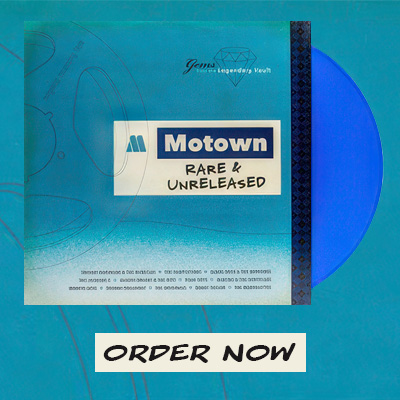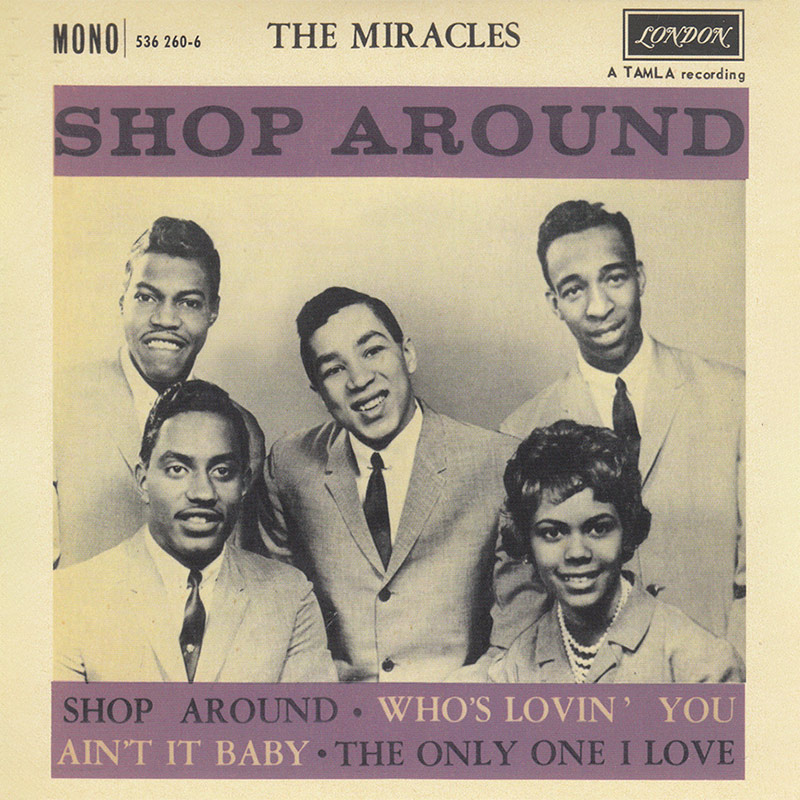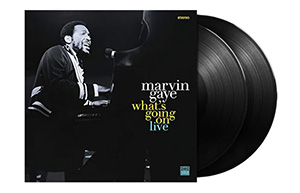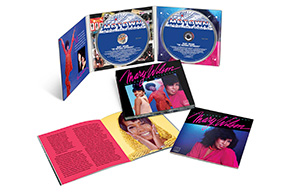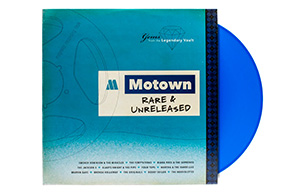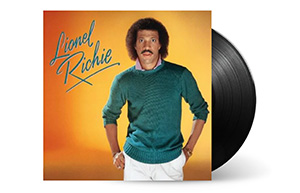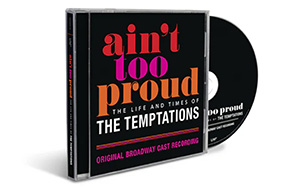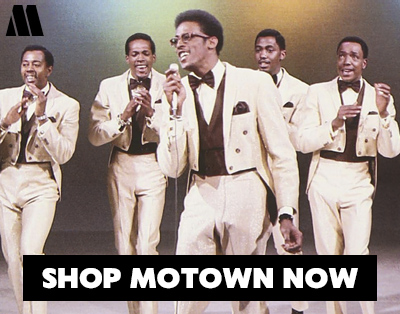The Miracles “Shop Around”
Entered the Top 10 of the Billboard Hot 100 on Monday, January 23, 1961, in its seventh chart week.
In his autobiography, Inside My Life, Smokey Robinson recalled that he wrote “Shop Around” in half an hour as “another mama-done-tole-me ditty,” and that it was first intended for Barrett Strong, whose “Money (That’s What I Want)” had just been a hit for Motown. To complete the song, he sought Berry Gordy’s help. In his own autobiography, the Motown founder remembered that he thought “Shop Around” was more suitable for the Miracles than for Strong.
Gordy also related what is today a familiar tale: that after the Miracles’ first version of “Shop Around” was released around Detroit (as Tamla 53034) in September 1960, he couldn’t sleep, worried that it wasn’t good enough (“too slow, not enough life”). He called Smokey in the middle of the night, and had him bring all the Miracles to the studio to lay down a new, faster take of the song. Gordy himself played piano, with Benny Benjamin (drums) and Ron Wakefield (sax) among the musicians.
When the makeover was released that October, “Shop Around” rapidly became Motown’s first major hit – No. 1 on the Billboard R&B charts for a remarkable eight weeks, and No. 2 on the Hot 100. Towards the end of February 1961, during the Miracles’ appearance at the Rod-O-Rama show (“Cars and Stars of ’61”) at the Michigan State Fairgrounds, Berry Gordy presented them with a gold disc for sales of one million copies of “Shop Around.”
Behind the legend are a number of lesser-known facts. The most intriguing is that Motown originally considered the single’s flip, “Who’s Lovin’ You,” to be the stronger side, and promoted it accordingly. When “Shop Around” attracted more radio attention, the company switched. Nonetheless, “Who’s Lovin’ You” eventually became a classic performance in its own right, influencing Michael Jackson, among others. “Michael sang ‘Who’s Lovin’ You’ with the sadness and passion of a man who had been living with the blues and heartbreak his whole life,” declared Berry Gordy in the foreword of Michael’s autobiography, Moonwalk. “I told Smokey, ‘Hey, man, I think he gotcha on that one.’ ”
Next to the Miracles’ original, a version of “Shop Around” by the Captain & Tennille proved, chartwise, to be the most successful. The duo’s recording soared in ’76, the fourth of their five consecutive Top 5 singles. Earlier, the song was popular with British contemporaries of the Beatles, including Bern Elliott & the Fenmen, Helen Shapiro, Johnny Kidd & the Pirates, and Georgie Fame & the Blue Flames, who all recorded it. Surprisingly, few of the Miracles’ fellow Motown artists tackled “Shop Around” – perhaps concerned about comparisons. Smokey’s protégé, Mary Wells, did cut it for her 1961 album, Bye Bye Baby, and the Spinners laid down a version in 1968, although it was unreleased for 15 years.
“Answer” songs were common in the 1960s. The Shirelles’ No. 1 single of ’61, “Will You Love Me Tomorrow,” for instance, inspired a response by Motown’s own Satintones, “Tomorrow And Always” – although it was not a hit. Berry Gordy persevered, producing “Don’t Let Him Shop Around” for Debbie Dean and releasing it while the Miracles’ original was still riding the charts (they even sang background vocals for Debbie). One of Berry’s sisters, Loucye, was credited as co-writer of the answer song; she was married to Motown musician Ron Wakefield, who had played sax on the Miracles’ original. Despite all this, Debbie’s 45 spent only two weeks on the Billboard Hot 100. Record buyers evidently shopped for other hits.




